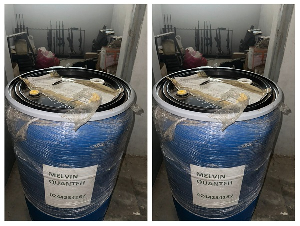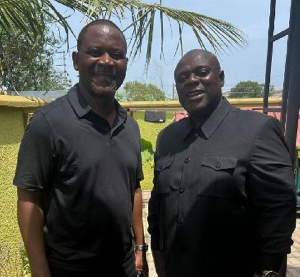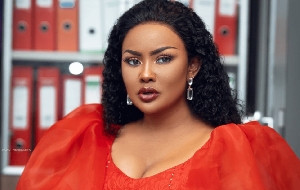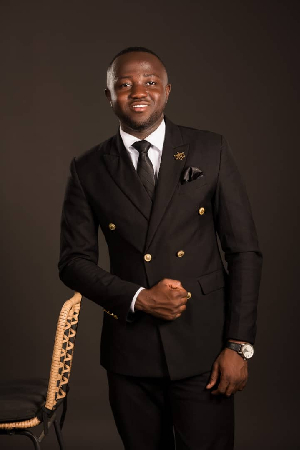Politics of Wednesday, 6 July 2005
Source: jfm
CDD survey puts NPP ahead
Three months after the swearing in of President Kufuor and his government, 52 per cent of Ghanaians say they will vote for the New Patriotic Party (NPP).
Twenty two per cent opted for the National Democratic Congress (NDC), two per cent for the Convention People?s Party (CPP), two per cent for the People?s National Convention (PNC), while 22 per cent said they were undecided.
The research, Ghana Afrobarometre Round Three Survey was conducted by the Ghana Centre for Democratic Development (CDD-Ghana) from March 10 to 23 2005 and asked the question ?Which party would you vote for if elections were held tomorrow.?
The research was the third in the series. The first was in 1999, followed by another in 2002 and the current one.
It involved a nationality representative sample of 1,199 Ghanaians, aged 18 years and above with face to face interview conducted by 53 field assistants in five local languages.
Briefing the press and representatives of political parties about the findings of the research in Accra yesterday, the Executive Director of CDD-Ghana, Prof E. Gyimah-Boadi, said the findings should not be taken on the face value, because twenty two per cent of the respondents said they would not vote, which could be taken to mean that they were unprepared or did not want to divulge their secret to the respondents.
He said most respondents to such questions, especially in Africa, had always held the view that it was being done by the government, although the interviewers explain why and where they were coming from, yet they would hide their political affiliation, especially if their party was in opposition.
He said popular perception of corruption among public officials appeared to be increasing and said 56 per cent of respondents perceived some corruption at the Presidency.
Prof Gyimah-Boadi said the perception of corruption within the Presidency and officials in that office recorded the highest, from nearly 40 per cent in 2002, to over 55 per cent in 2005.
He explained that notwithstanding the perceived high levels of official corruption, there was a growing level of public confidence in political leaders and said 65 per cent, approved of the way President Kufuor had performed his job over the past 12 months. The 2002 figure was 74 per cent.
Prof Gyimah-Boadi said 81 per cent of the respondents expressed trust in the ruling NPP and 71 per cent expressed trust in the opposition parties.
?The proportionate higher increase in opposition parties? trust rating, compared to that of the ruling party suggests a reduction in popular mistrust of opposition parties in Ghana,? he added.
He said more than half of the respondents believed that government had done well in certain areas, combating HIV/AIDS, 81 per cent; improving basic health services 73 per cent; reducing crime, 71 per cent; addressing educational needs, 70 per cent; delivering household water, 59 per cent, ensuring that everyone had enough to eat, 58 per cent and fighting corruption, 56 per cent.
Prof Gyima-Boadi said the government received negative rating for its inability to narrow the gap between the rich and the poor. In conclusion, he said the survey present a picture of great deal of dissatisfaction with economic conditions and also shows that poverty remain persistent but democracy continues to gain ground in Ghana. He said Ghanaians remain fully committed to democratic principles and support for democratic politics remain very high.










